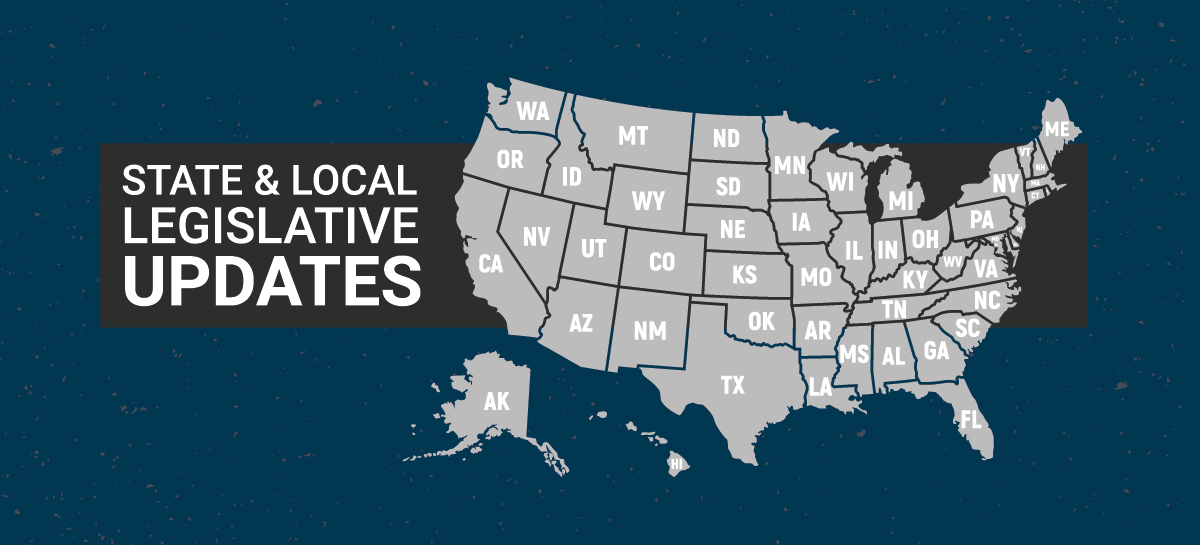March 2023
5 EMPLOYMENT POLICIES TO REVIEW IN 2023
Employee handbooks are important tools for establishing employee expectations, addressing workplace issues, and defending against potential lawsuits. Failing to update employee handbooks regularly can make employers vulnerable to legal risks and liabilities, resulting in costly fines, penalties, and attorneys’ fees. Employment laws are often complicated, and employers need to be aware of any new regulatory developments that may impact their organizations and workforce. The start of the year provides employers with an excellent opportunity to review and update their employment policies. The following list summarizes the five key policies employers should review to ensure their employment practices and policies are current and reflect the most recent regulatory developments.
FULL ARTICLE INCLUDES: HR Insights PDF on “5 Employment Policies to Review in 2023.”
UNDERSTANDING THE QUIET HIRING TREND
Employers are likely familiar with “quiet quitting,” where employees put no more effort into their jobs than necessary, or “quiet firing,” where employers or managers slowly pull back employees’ duties instead of outright firing them. Now, there’s another phrase gaining traction in workplaces: “quiet hiring.”
Overview of Quiet Hiring – Quiet hiring is when companies upskill existing employees and move them to new roles or give them greater job duties to fit business needs. This often happens when an employee leaves an organization, leaving their role or responsibilities open. This strategy can be an efficient, cost-effective way for employers to snag in-demand talent without going through traditional external hiring channels.
FULL ARTICLE INCLUDES: HR chat video on “Quiet Hiring.”
EMPLOYER’S GUIDE TO NAVIGATING A RECESSION
A recession’s impact on employers can vary greatly. Employers of all sizes and industries generally experience reduced sales and profits due to changes in consumer behaviors, forcing organizations to embrace cost-cutting measures. These measures include layoffs, reductions in spending, and decreased marketing and research. A recession can also curb an organization’s access to credit and lessen overall cash flow, leading to an increase in bankruptcies. The strategies employers implement to mitigate the effects of a recession can greatly impact whether their organizations withstand such an economic downturn. Therefore, employers can prepare for a recession by taking steps now to limit recession-related ramifications and maintain financial stability.
FULL ARTICLE INCLUDES: PDF on “Employer’s Guide to Navigating a Recession.”
MINIMUM PTO POLICIES
Many employees do not use their allotted paid time off (PTO) despite their employers’ vacation and other leave policies. As a result, some employers are implementing minimum PTO policies to address this challenge. This emerging trend takes standard PTO policies one step further by mandating that employees take off a minimum number of days each year. When done properly, minimum PTO policies can help curb employee burnout, improve workplace productivity, and strengthen attraction and retention efforts.
FULL ARTICLE INCLUDES: HR Insights PDF on “Minimum PTO Policies.”
STATE LEGISLATIVE UPDATES
Illinois Supreme Court Rules BIPA Claims Accrue with Each Violation: On Feb. 17, 2023, the Illinois Supreme Court found that claims under the Illinois Biometric Information Privacy Act (BIPA) accrue at each alleged violation, not just at the first unlawful scan or transmission. Given the amplified possibility of BIPA violation claims, this court decision is a clear warning that private entities—including employers that use fingerprint time clocks or other employee biometric access procedures—should evaluate their compliance with BIPA. Click here to read the Illinois Legal Update.
FULL ARTICLE INCLUDES: Legal Update Bulletin PDF’s for: Illinois, Louisiana, and New York.





